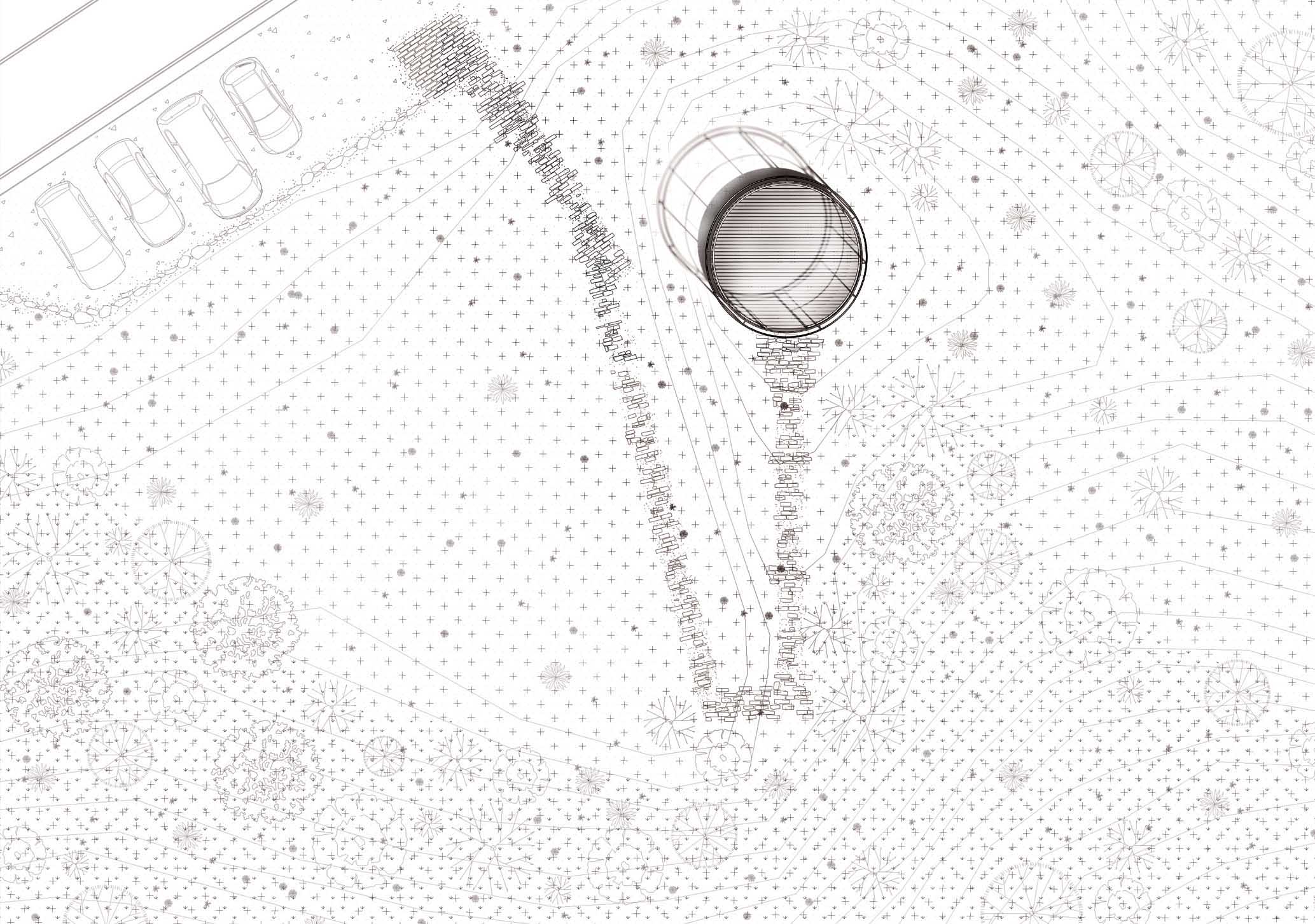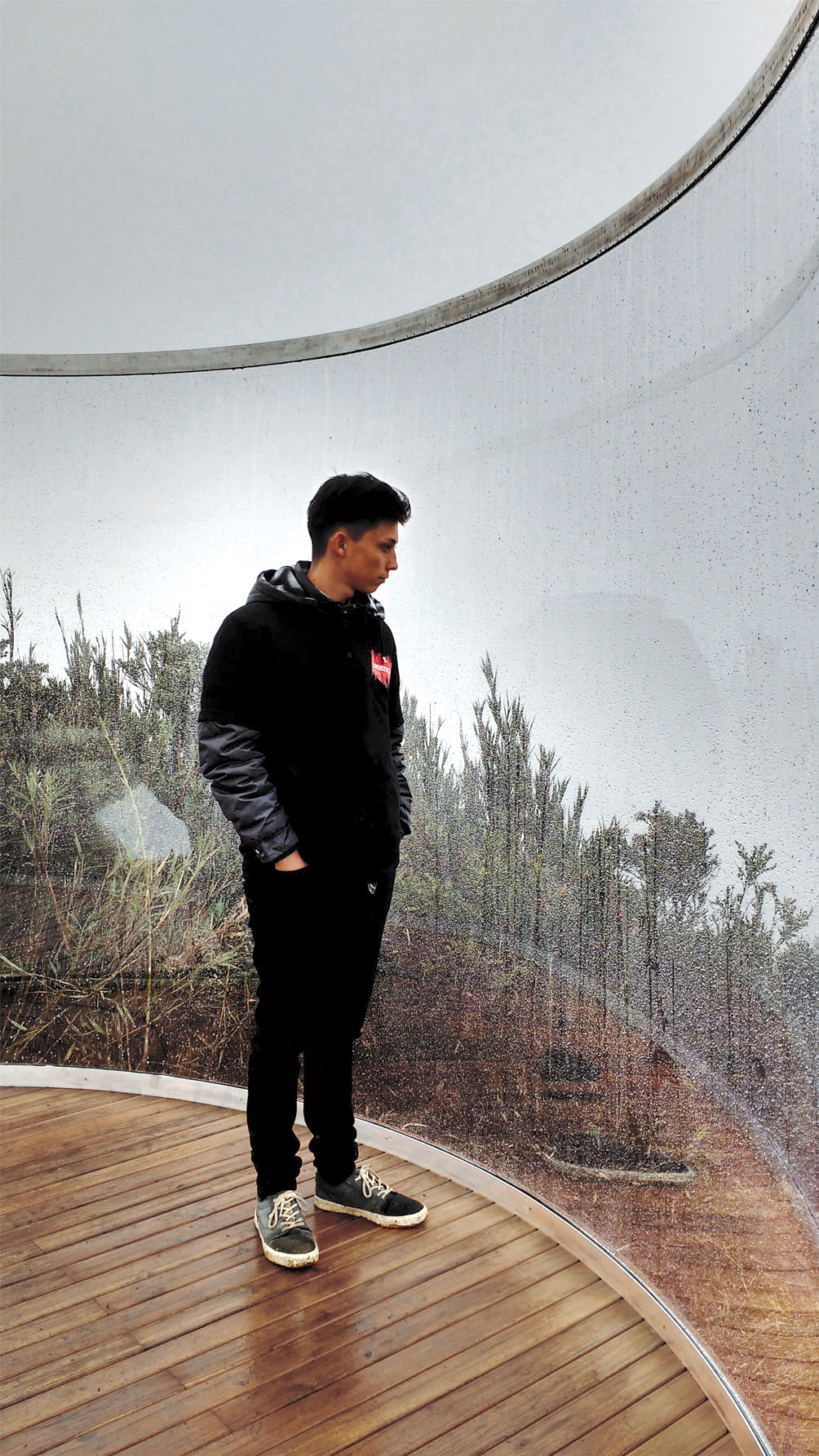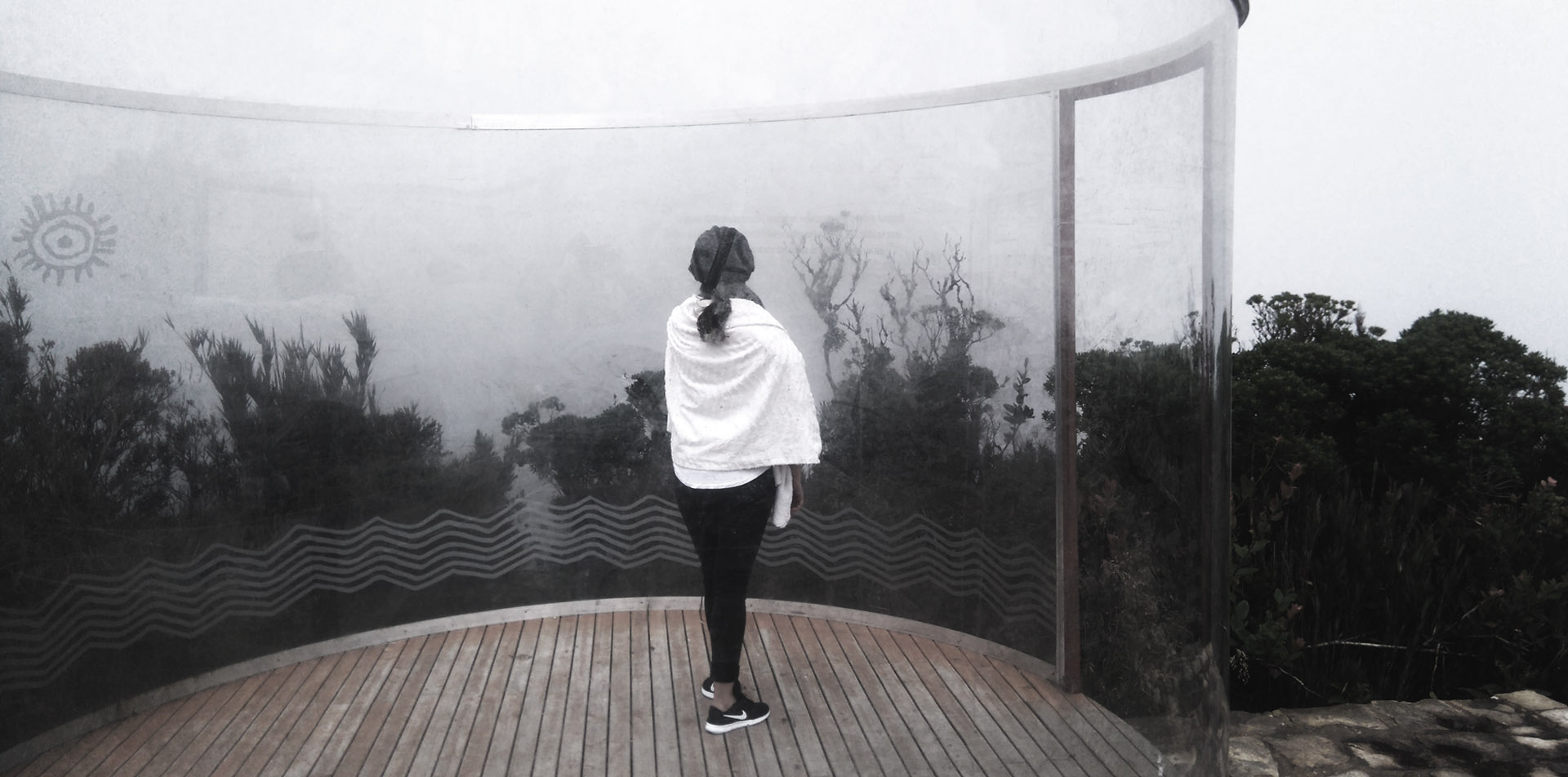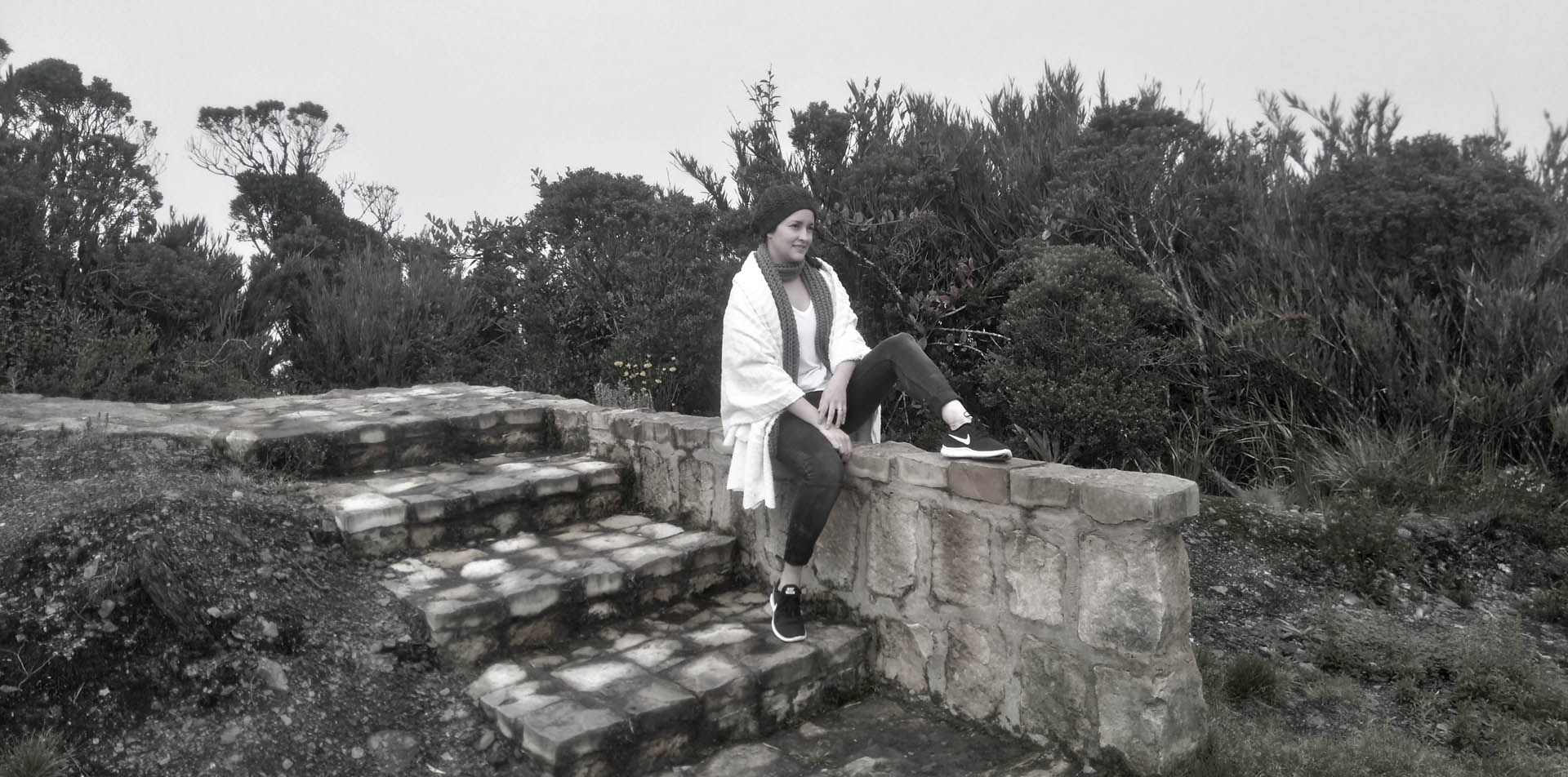360° PáramoViewing Platform
Key Services Provdided
Integration with the Landcape
Historic Research
Mapped Sites of Indigenous Heritage
Design
Construction
Project Partners
Consorcio Ruta del Agua
Whiteknee, our Colombian affiliate, was in charge of design and construction supervision.
Team: Aaron Brakke, Estefania Villamizar, Nicolas Arias, Edison Casallas, Leonardo Gallego, Yojhanth.
Fabrication: Miguel del Portillo - Metal Work and ARKOS - Tuffak® 15 (formerly Makrolon® 15) Polycarbonate Sheet.
Construction: Ernesto Roncancio - Director of Construction. (All manual labor off the grid - without electricity or access to water)
Whiteknee, our Colombian affiliate, was in charge of design and construction supervision.
Team: Aaron Brakke, Estefania Villamizar, Nicolas Arias, Edison Casallas, Leonardo Gallego, Yojhanth.
Fabrication: Miguel del Portillo - Metal Work and ARKOS - Tuffak® 15 (formerly Makrolon® 15) Polycarbonate Sheet.
Construction: Ernesto Roncancio - Director of Construction. (All manual labor off the grid - without electricity or access to water)
The 360° Páramo Viewing Platform is an ecological observatory of the páramo landscape.
This project was developed with a multidisciplinary team that documented the natural resources, developed work sessions with community members, and strengthened the tourist industry in this zone of Colombia.
We worked with the Ruta del Agua team to identify key spots to create interventions at. The 360 Degree Viewing Platform is located at a high point on the road between the town of Guasca and the region of Guavio. This is located in a Páramo, which is a rare alpine tundra ecosystem onlu found in the Andes Mountain Range of South America.
This design object is intriguing and captures the attention of travelers. Upon exiting the vehicles, the visitors traverse a stone path that orients them an an axis with a site of importance for the indigenous community. Then as the visitors ascend into the crystal cylinder sounds are muted, everything becomes quiet, and the misty landscape is revealed and concealed. The reflections create a playful collage of multiple views that heighten the visitors' perception of this place.





